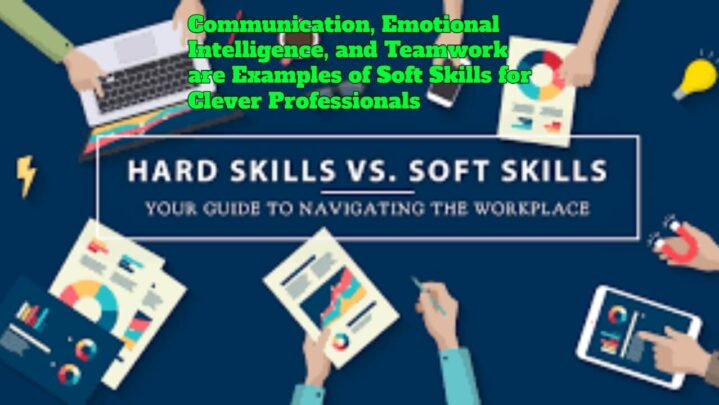Employers respect soft skills as well as hard abilities because they enable people to communicate effectively, develop connections, and work productively with others. Communication, emotional intelligence, and teamwork are three examples of critical soft skills.
Communication skills are essential in any work context. The ability to communicate ideas and information effectively and simply may make or break a project or team’s success. Active listening and the capacity to comprehend and respond properly to the needs of others are also required for effective communication. Strong communicators are frequently seen as superior leaders, negotiators, and problem solvers.
The capacity to detect and regulate one’s own emotions, as well as the emotions of others, is referred to as emotional intelligence. It entails being able to empathize with and correctly respond to the emotional states of individuals around you. This talent is especially crucial in team situations, where the ability to read and respond to colleagues’ emotions may contribute to a more happy and more productive work environment.
Another important soft skill for professionals is teamwork. Working together with people toward a similar objective necessitates excellent communication, empathy, and the capacity to manage disagreements constructively. Strong collaboration abilities also include the ability to recognize and use each team member’s talents, as well as the ability to give constructive comments and support.





